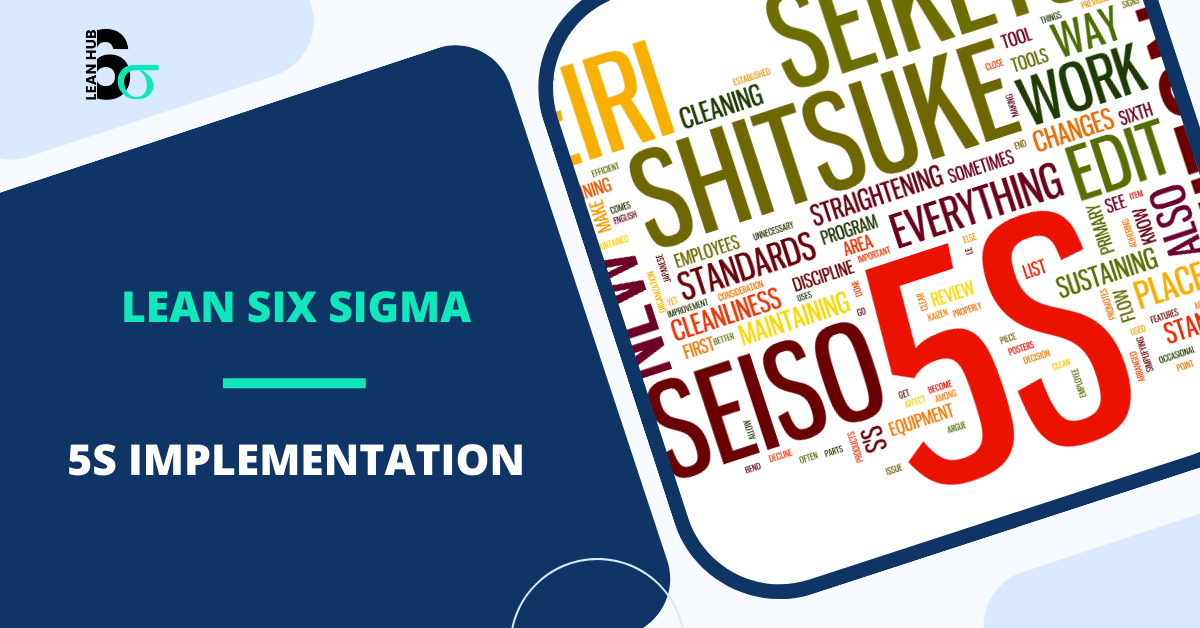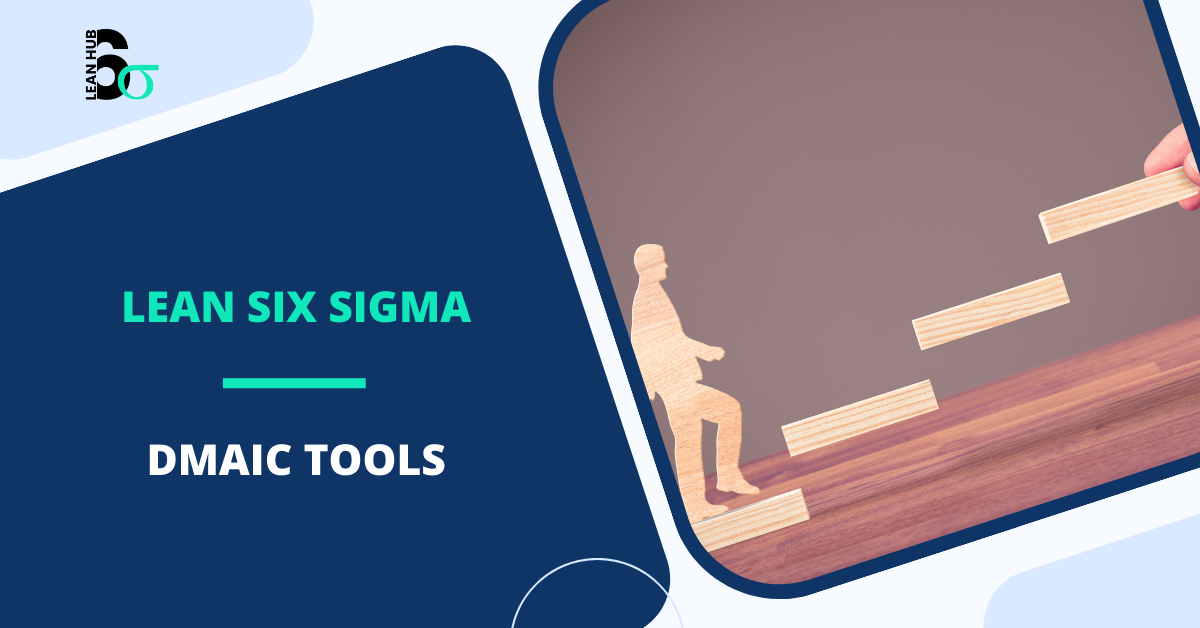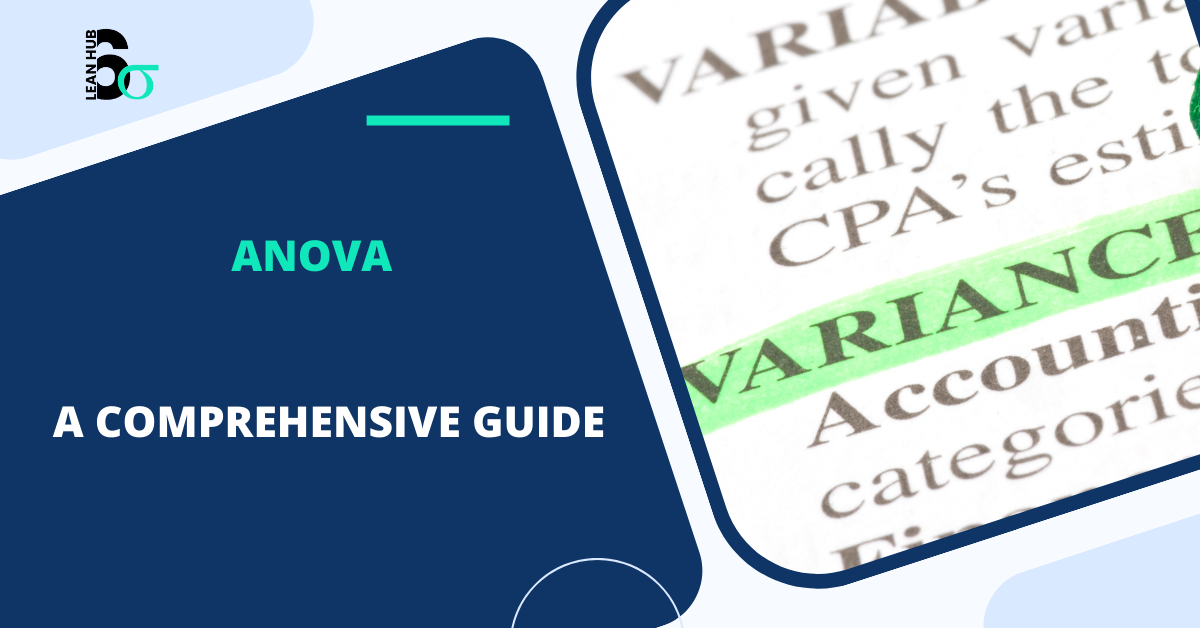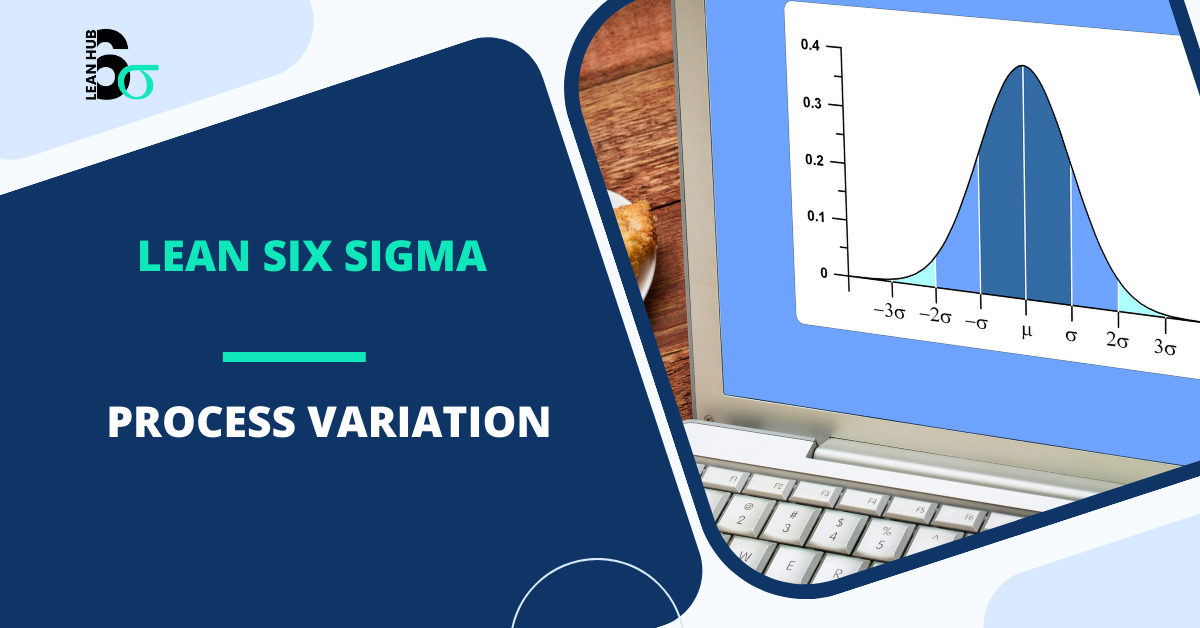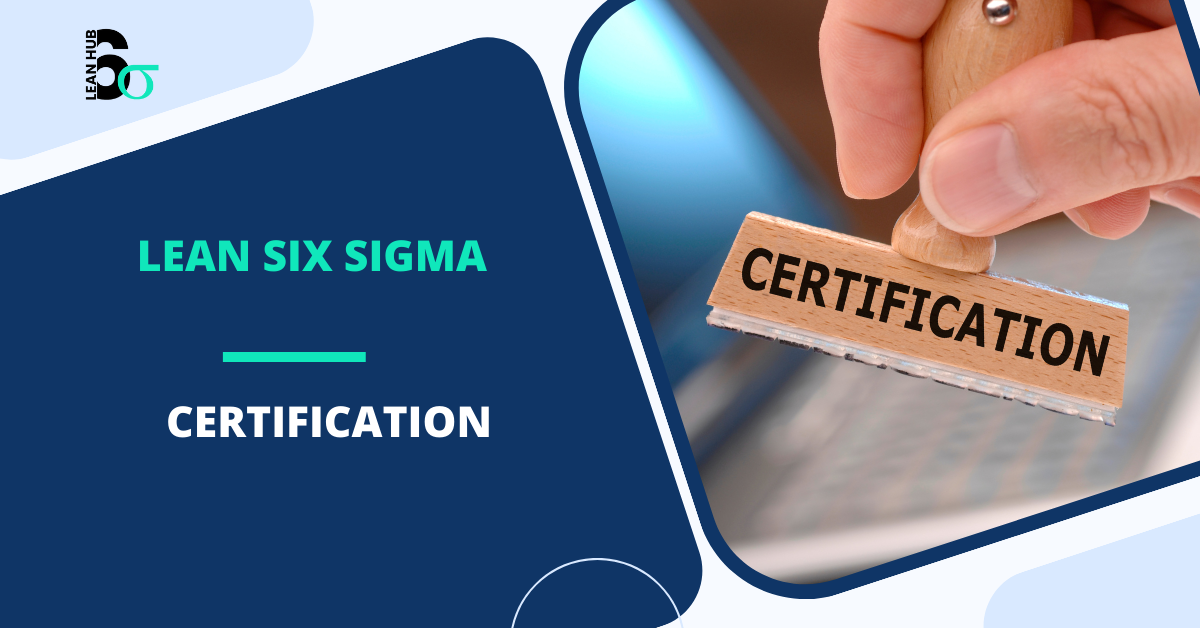Introduction
In the Lean Six Sigma world, different certification levels represent increasing expertise and leadership. While a Black Belt leads improvement projects, a Lean Six Sigma Master Black Belt (MBB) leads entire programs and builds internal capability.
They are the architects of transformation—driving enterprise-wide improvement, mentoring others, and embedding Lean Six Sigma into the company’s DNA. If Jv’s Pizza expanded nationwide, the MBB ensures every branch follows a consistent and effective improvement strategy.
To explore Lean Six Sigma training options for every level—including Master Black Belt—visit Lean 6 Sigma Hub, your trusted platform for expert-led certification.
What is a Lean Six Sigma Master Black Belt?
A Lean Six Sigma Master Black Belt is a strategic coach, deployment leader, and systems thinker. They don’t just lead projects—they lead people who lead projects, and they design the systems that make improvement sustainable.
Their core responsibilities include:
- Coaching Black Belts and Green Belts
- Leading cross-functional improvement programs
- Designing and governing Lean Six Sigma rollouts
- Ensuring alignment with business strategy
- Measuring ROI and capability maturity
MBBs operate at a strategic level, often working closely with executives, sponsors, and operational leaders.
How is a Master Black Belt Different from a Black Belt?
| Area | Black Belt | Master Black Belt |
|---|---|---|
| Scope | Project-level or departmental | Enterprise-level and cross-functional |
| Focus | Problem-solving and execution | Coaching, strategy, deployment leadership |
| Tools | DMAIC, Lean tools, data analysis | Governance models, coaching systems, enterprise diagnostics |
| Influence | Operational teams | Executive leadership and culture |
| Outcome | Project success | System sustainability and capability building |
Black Belts execute change. Master Black Belts institutionalize it.
What Does a Master Black Belt Actually Do?
A certified MBB typically performs a combination of the following:
1. Coaching & Mentoring
MBBs support and guide Black Belts and Green Belts through all stages of DMAIC, providing review checkpoints and technical support.
2. Strategic Program Leadership
They help define which projects align with business priorities and ensure consistency in execution across the enterprise.
3. Governance & Oversight
They design review boards, project tollgate systems, and performance dashboards to measure impact across all initiatives.
4. Executive Communication
MBBs bridge the gap between improvement teams and leadership, translating project results into strategic language.
5. Capability Building
They are responsible for rolling out Lean Six Sigma training programs and building internal certification pipelines.
Want to start building your own capability pipeline? Learn more at Lean 6 Sigma Hub, where our expert-designed programs are tailored for every certification level.
Real-World Example: Jv’s Pizza Master Black Belt
Let’s say each Jv’s Pizza store is trying different methods to reduce delivery time. One uses manual batching, another tries GPS dispatch, while a third relies on instinct.
The Master Black Belt steps in to:
- Standardize batching processes across all stores
- Implement a shared data dashboard
- Train regional managers as certified Green Belts
- Align improvements with business-wide KPIs
- Present impact and savings to the executive board
Through consistent coaching and oversight, delivery times drop by 30% company-wide—not just at one store.
Who Should Pursue a Master Black Belt Certification?
The MBB certification is ideal for:
- Senior Black Belts with 3+ years of experience
- Continuous Improvement or Operational Excellence Leaders
- Lean Six Sigma Coaches or Deployment Champions
- Change Management or Enterprise Program Leads
If you are ready to move from tactical execution to strategic impact, the Master Black Belt journey is your next step.
You can explore our Master Black Belt program details at Lean 6 Sigma Hub.
What is Covered in a Master Black Belt Certification?
A robust MBB certification program includes:
- Advanced statistical methods and experimental design
- Program deployment planning and change management
- Coaching techniques and adult learning methods
- Strategic alignment tools like Hoshin Kanri
- Capability maturity assessment and governance models
- Real-world project reviews and panel presentations
- Cultural transformation techniques and leadership engagement
At Lean 6 Sigma Hub, our MBB certification includes exclusive access to proprietary frameworks like NAVIGATE™, designed by a PhD in Lean Six Sigma Enterprise Transformation.
Why Choose Lean 6 Sigma Hub?
Unlike generic programs, our Master Black Belt certification is built by real experts who’ve led transformations across industries. At Lean 6 Sigma Hub, you get:
- Real enterprise case projects—not just textbook examples
- Proprietary toolkits and strategic templates
- 1-on-1 mentoring and expert coaching
- Certification recognized by global leaders
- An emphasis on both technical depth and leadership ability
Join us at Lean 6 Sigma Hub and take your impact to the enterprise level.
Final Thoughts
The Lean Six Sigma Master Black Belt is a pivotal role—bridging strategy and execution, data and culture, leadership and results. It’s not just about solving problems, but about designing the systems, coaching the people, and aligning the vision to make improvement part of how the business operates every day.
If you’re ready to elevate your role from project leader to enterprise change architect, becoming a Master Black Belt might be your next bold move.
Ready to lead transformation? Start your journey at Lean 6 Sigma Hub.


